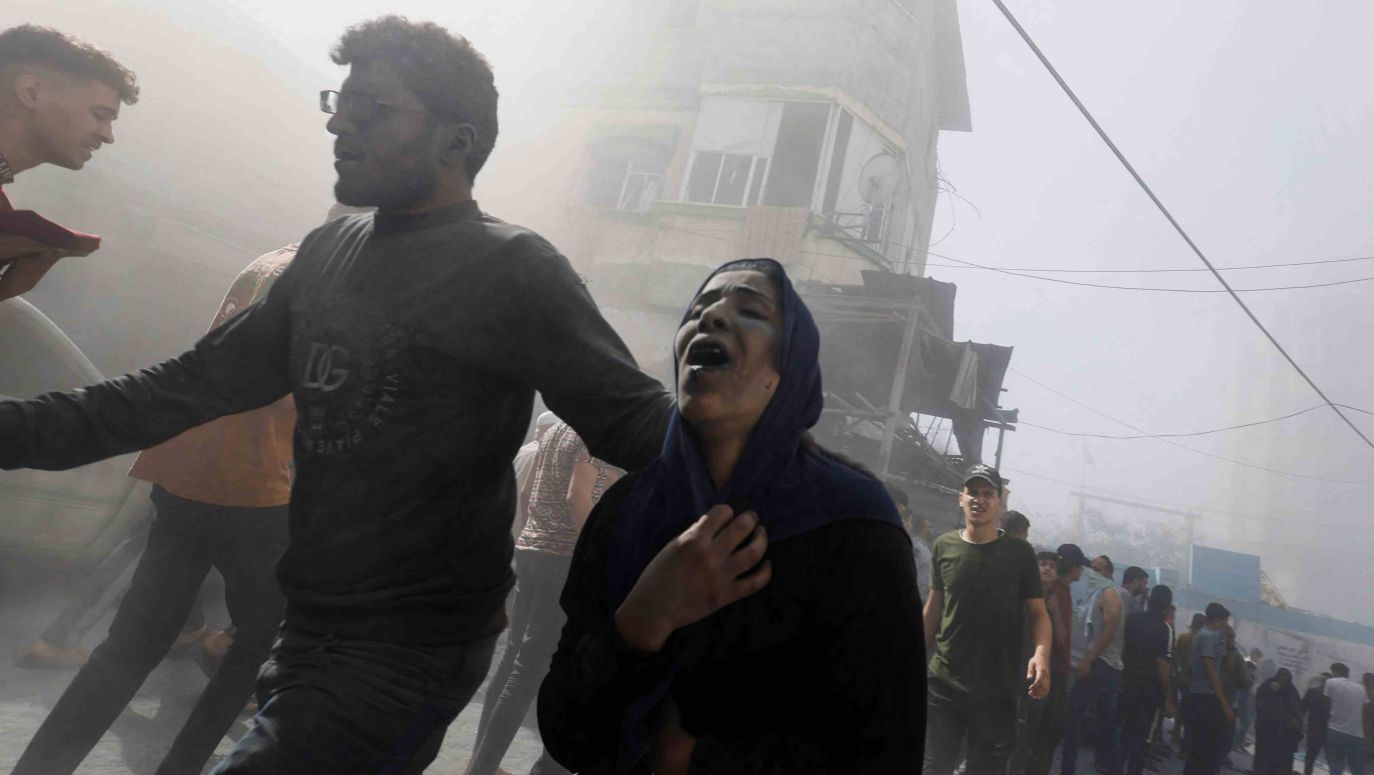The readiness assessment scale is five-level: from very poor - when such a task can be completed at most in 37%; poor - when the readiness allows 38-74% of the task to be completed; medium ("marginal") - when the readiness is increased to about 75-82 %; high level (81-91%) and very high (92-100%).
Last year, the overall readiness index for all U.S. military forces fell into 'poor' for the first time in history, and this level has been maintained this year. Interestingly, the air forces were rated the worst, earning only the description of "very poor", and the naval forces were rated as "poor". The best "strong" score was given to the Marine Corps and nuclear forces.
The authors of the report conclude that all this is happening in conditions of increasing U.S. budget deficit and inflation, which limit investment opportunities, while at the same time, China and Russia are seriously increasing their military spending. "As currently postured, the U.S. military is at growing risk of not being able to meet the demands of defending America's vital national interests" is the concluding sentence of the last paragraph in the Executive Summary of the 2023 Index of U.S. Military Strength.
Indeed, China will most likely triple its nuclear arsenal over the next decade, and its military spending is already estimated by American intelligence to be close to the Pentagon's budget, reaching approximately $700 billion. This is more than the official expenditure, but in communist countries, it is usually the case that military expense is hidden in many of the most unexpected budget items. If we consider that in the American budget we are dealing with the opposite situation - due to the difficulties in pushing various expenditures through Congress - expenses would be glued to the military budget, place of the best chance to have it accepted, the official 800 billion dollars should be reduced by approximately 100 billion. In this case, both countries spend a similar amount of money on defence.
Long gone were the days when the United States military budget was larger than the combined budgets of the rest of the world. In this respect, we are also dealing with a turning point.
Turning inwards
However, the problem is not only money but also people. On average, in recent years, the army has been recruiting around 20,000 fewer people than planned. This is partly due to the lower physical capacity of subsequent generations and partly to the decreasing attractiveness of serving in the army. A new progressive generation of young people is coming for whom fighting for American interests or battling to defend the homeland is no longer as attractive as it was for their predecessors. Sociological research shows that most of the young generation believes that America should focus on solving its internal problems, not on world affairs.
The percentage of those who think America is the best country in the world is also the lowest among young people. In a study conducted by the Pew Research Center in 2021, only 10% of adults aged 18-29 believed so, and as many as 42% thought that other countries were better than the USA.
Of course, two years have passed since this study, and a lot could have changed, but social trends raise the question of whether Americans would still like to be this "essential nation" that Joe Biden talked about. Would they still wish to be the "light on the hill" for the world? And will they be willing to pay for it?
During Reagan's presidency, U.S. defence spending reached approximately 6% of GDP. Now it is about 3%. America spends vast amounts of money on developing green technologies, producing electric cars and social programs. All of that consumes such massive cost that the budget deficit will probably reach $2 trillion (U.S. trillion) at the end of this year, and servicing this deficit may take over 15% of the budget.
In a recent editorial, the Wall Street Journal wrote wryly that now is the time to choose "guns over butter" if the country wants to maintain its global position.
However, it may turn out that great words about America's global responsibility will not encourage its society to make personal sacrifices in the name of its greatness and position. Or maybe they will this time - in the 2024 vote – but what about the next elections? Those who do not consider the United States' global role as valuable could have their say. What would happen to us then?
– Robert Bogdański
TVP WEEKLY. Editorial team and jornalists
– Translated by Katarzyna Chocian

 SIGN UP TO OUR PAGE
SIGN UP TO OUR PAGE
 What might be the real issue for American decision-makers is the increasing rapprochement between Russia and China, i.e. Moscow's turn towards Asia, forced by the war and sanctions. Still, as long as only one war was going on and one that seemed to be under control, Washington had little reason to worry.
What might be the real issue for American decision-makers is the increasing rapprochement between Russia and China, i.e. Moscow's turn towards Asia, forced by the war and sanctions. Still, as long as only one war was going on and one that seemed to be under control, Washington had little reason to worry.







